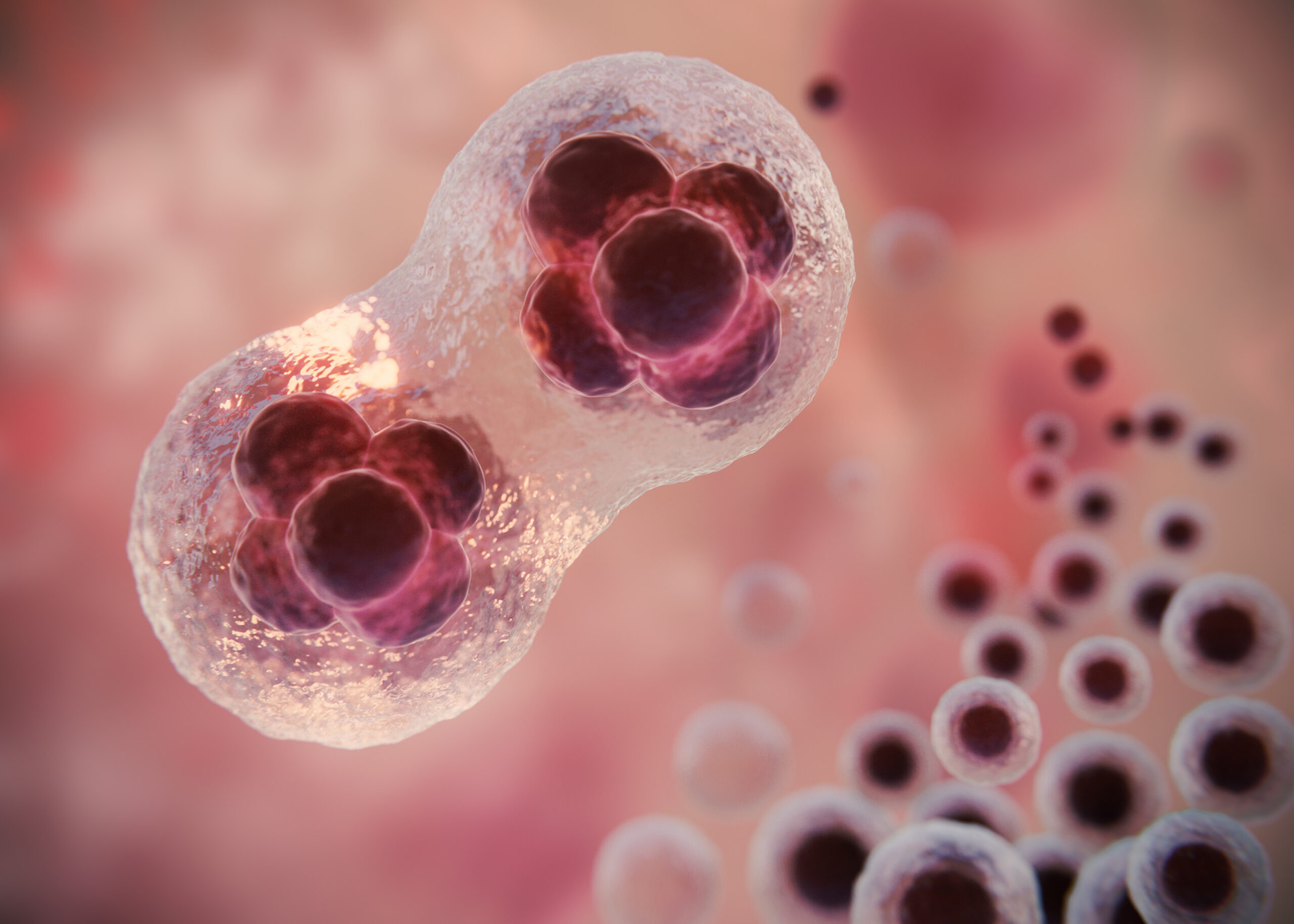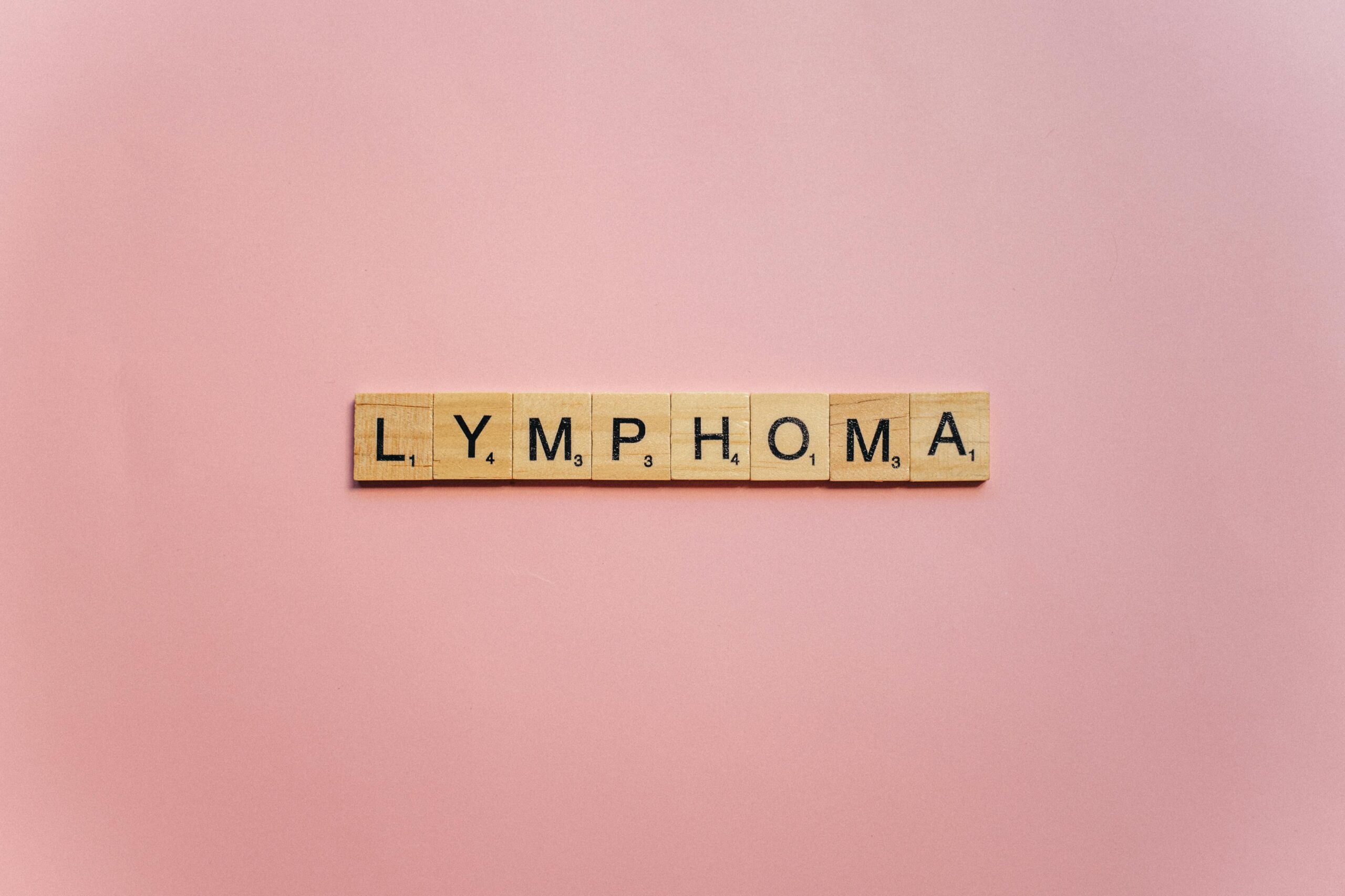Category: Treatment
-

Nanomedicine in Cancer Care: Tiny Particles, Big Impact
Introduction to Nanomedicine for Cancer Treatment Cancer treatment has evolved significantly with the advent of nanotechnology. In order to detect, track, and treat diseases at the molecular level, nanomedicine uses tiny particles—typically smaller than 100 nanometers. These nanoparticles are designed to precisely target cancer cells in oncology, providing fresh hope for less harmful and more…
-

Tumor Organoids and Lab-Grown Models: Customizing Cancer Care Before It Begins
Cancer treatment has long relied on a trial-and-error approach, with patients enduring multiple therapies before finding the most effective one. But what if doctors could test treatments on a patient’s cancer before administering them? Enter tumor organoids—miniature, lab-grown versions of a patient’s tumor that could revolutionize personalized medicine. What Are Tumor Organoids? Tumor organoids are…
-

Understanding Colorectal Cancer
One of the most common cancers in the world, colorectal cancer (CRC) affects the colon or rectum. It usually arises from abnormal growths called precancerous polyps in the colon or rectum’s lining. Awareness is essential since early detection and treatment can increase survival rates. Causes and Risk Factors Symptoms to Watch For Early-stage colorectal cancer…
-

Soothing the Gut: Managing Digestive Issues in Colorectal Cancer Patients
Patients with colorectal cancer frequently have digestive discomfort as a result of the disease or its treatments. Radiation, chemotherapy and surgery have a significant impact on the patient’s gut microbiome and as a result, their quality of life . Some of the symptoms can include, but are not limited to nausea, constipation, diarrhea, and bloating.…
-

Understanding Non-Hodgkin’s Lymphoma: Symptoms, Causes, and Treatment
Non-Hodgkin’s lymphoma (NHL) is a type of cancer that originates in the lymphatic system, which is part of the body’s immune defense. In contrast to Hodgkin’s lymphoma, NHL is more prevalent and encompasses a wide range of blood cancers that impact lymphocytes, which are white blood cells. The main features of NHL are examined in…
-

Holistic Cancer Programs: cancer and coaching and treatments ft Dr Nanda
Cancer is not just a physical battle, it’s an emotional and psychological journey that affects patients and their families. Renowned surgical oncologist Dr Nanda stresses the value of a comprehensive cancer program that combines medical care, psychological support, and rehabilitation to aid patients achieve their full recovery. The Role of Family and Caregivers A strong…
-

Alternative Support Strategies for Prostate Cancer: Beyond Standard Treatments
Prostate cancer treatment often includes surgery, radiation, or hormone therapy, each with its own benefits and side effects. While these conventional approaches are effective, many men seek complementary strategies to enhance recovery, manage side effects, and improve overall well-being. Prostate cancer is commonly treated with surgery (prostatectomy), which removes the prostate but can lead to…
-

Coping with Nausea and Appetite Loss During Chemotherapy: Holistic Tips that Help
Chemotherapy is a life-saving treatment, but its side effects particularly nausea and appetite loss can make eating a challenge. Comfort and nutrition throughout this trying time can be enhanced by knowing the causes of these symptoms and how to treat them holistically. Why Nausea and Appetite Loss Happen Chemotherapy affects rapidly dividing cells, including those…
-

Artificial Sweeteners and Health Hazards
Artificial sweeteners, also known as low-calorie sweeteners (LCS), are sugar substitutes added to foods and beverages to provide sweetness without the calories of regular sugar. These intense sweeteners can be hundreds to thousands of times sweeter than sugar, making them popular in “diet” or “sugar-free” products. There are six LCS (low calorie sweeteners) approved by…
-

Oncolytic Virus Therapy: Using Viruses to Target Cancer Cells
What is Oncolytic Virus Therapy? Oncolytic virus therapy is an innovative cancer treatment that uses genetically modified viruses to selectively infect and destroy cancer cells while sparing healthy tissue. These viruses are engineered to multiply within tumors, forcing cancer cells to rupture (lyse) and release antigens unique to the tumor. In addition to directly killing…
